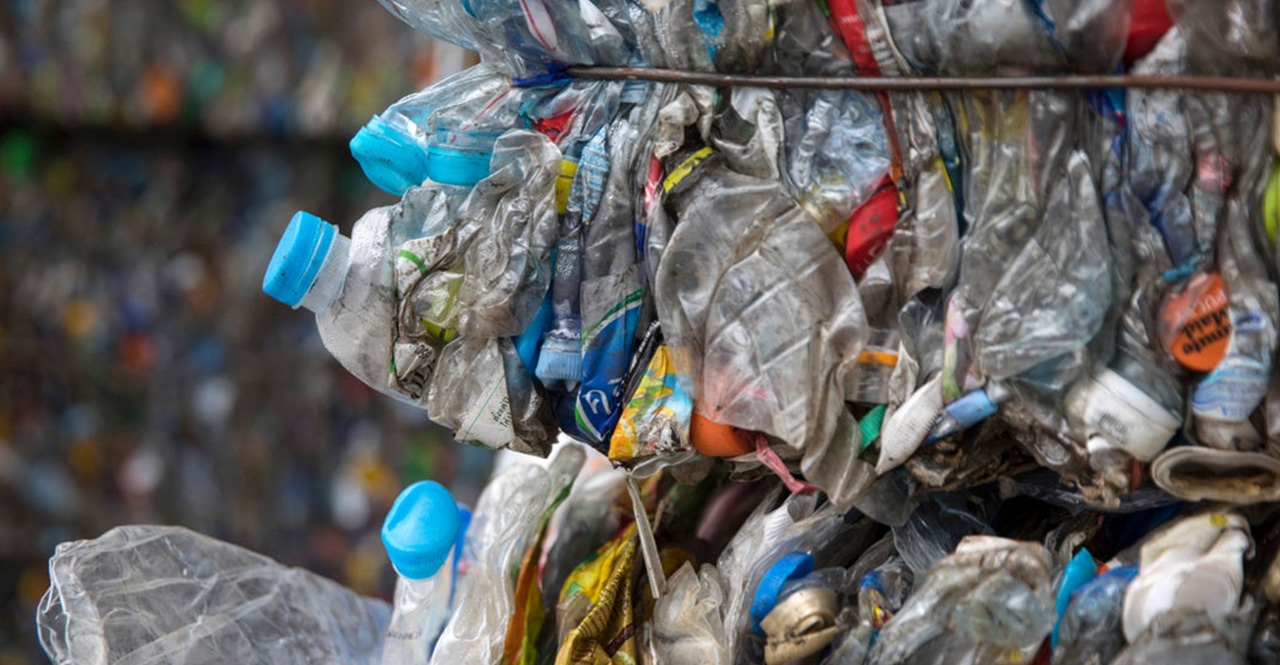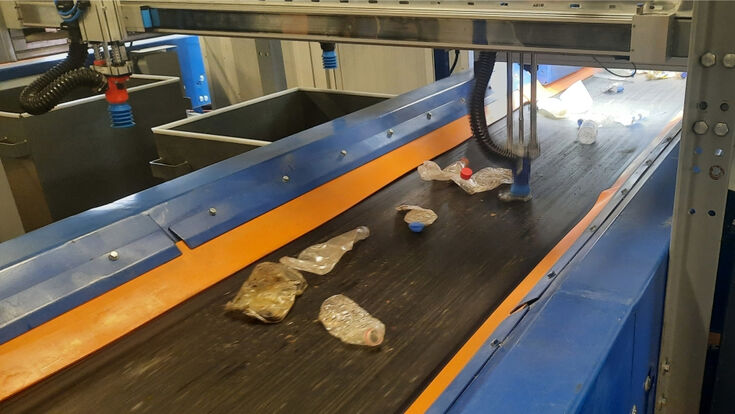Fostering Source Effectiveness and Environmental Security Via Fluid Waste Elimination Programs
In the world of environmental stewardship, the monitoring of fluid waste stands as an important time where resource effectiveness and ecological protection assemble. Through a lens of aggressive involvement and critical foresight, the landscape of liquid waste management introduces a tapestry of challenges and possibilities that beckon us to explore the path towards a greener and even more lasting future.
Significance of Liquid Waste Removal
The significance of fluid waste removal hinges on its vital function in protecting ecological health and safeguarding public health. Liquid waste, otherwise appropriately taken care of, can posture serious threats to communities, water sources, and human health and wellness. Through efficient elimination processes, unsafe substances such as chemicals, contaminants, and microorganisms are prevented from contaminating the environment and creating detrimental results.
Correct liquid waste removal also assists in avoiding the spread of diseases and lowering the potential for groundwater contamination. By securely throwing away liquid waste, the threat of waterborne diseases and pollution-related wellness problems is dramatically decreased - Reclaim Waste. Furthermore, effective removal practices add to preserving the total cleanliness and visual appeals of neighborhoods, thereby boosting the quality of life for homeowners
Furthermore, liquid waste removal plays a vital function in supporting sustainable development and making sure conformity with environmental regulations. By sticking to appropriate waste management markets, methods and services can minimize their environmental impact and demonstrate company obligation. Inevitably, purchasing durable fluid waste removal programs is essential for promoting ecological stewardship and fostering a healthier, safer future for all.

Advantages of Effective Disposal
Efficient disposal of fluid waste not just safeguards ecological wellness and public well-being but likewise yields many advantages that expand beyond immediate control steps. One essential advantage of reliable disposal is the reduction of contamination in water bodies and dirt. By correctly handling liquid waste, the threat of contamination decreases, protecting environments and safeguarding biodiversity. Additionally, reliable disposal practices add to source preservation. With processes like reusing and power healing, valuable resources can be drawn out from liquid waste, promoting sustainability and minimizing the strain on raw products. Embracing efficient disposal techniques can lead to cost savings for organizations and neighborhoods. By optimizing waste management procedures, companies can enhance operations, reduce disposal costs, and possibly produce earnings via the sale of recycled products. In general, the benefits of reliable fluid waste disposal are diverse, including ecological protection, resource effectiveness, and economic advantages.
Technologies for Waste Treatment
Utilizing sophisticated modern technologies for waste therapy plays an essential duty in ensuring the reliable monitoring and risk-free disposal of fluid waste. One of the crucial modern technologies used in liquid waste treatment is organic treatment.
Advanced oxidation processes (AOPs) have actually obtained appeal for their capacity to deteriorate persistent natural pollutants in fluid waste via the generation of extremely reactive hydroxyl radicals. Membrane innovations like reverse osmosis and ultrafiltration work for separating pollutants from fluid waste streams. Additionally, thermal treatment approaches such as incineration can be utilized for the total devastation of unsafe elements in fluid waste. Overall, the integration of diverse treatment modern technologies guarantees ecologically friendly and thorough administration of liquid waste.
Role of Regulations and Conformity
In the realm of liquid waste monitoring, adherence to regulative structures and conformity standards is vital for protecting environmental wellness and sustainability. Rules play a critical function in controling the appropriate handling, treatment, and disposal of liquid waste to stop harm to environments and human health. By developing clear guidelines and requirements, regulative bodies guarantee that businesses and people associated with liquid waste management operate in an ecologically accountable fashion.
Conformity with these guidelines is not find out this here just a lawful need but additionally a moral obligation to protect the environment for present and future generations. It involves executing finest practices in waste collection, disposal, transportation, and therapy to reduce ecological impact and promote resource performance. Non-compliance can cause penalties, legal see post action, and reputational damages for organizations, highlighting the relevance of upholding regulative criteria.

Future Patterns in Waste Management

Another vital pattern in waste monitoring is the fostering of advanced data analytics and synthetic intelligence to optimize waste collection paths, enhance arranging procedures, and improve general operational performance. These technologies make it possible for waste administration business to make data-driven decisions, leading to set you back financial savings and environmental advantages.
In addition, there is an expanding emphasis on the advancement of decentralized waste management systems, such as onsite treatment centers and mobile waste processing units. These systems offer adaptability and scalability, permitting extra effective waste handling in diverse environments.
Conclusion
To conclude, cultivating resource efficiency and environmental management via fluid waste removal programs is essential for sustainable development. Reliable disposal techniques, advanced innovations for waste therapy, and stringent guidelines play essential functions in lessening environmental influence. Looking in advance, constant advancement and renovation in waste management practices will certainly be essential for dealing with the growing challenges of liquid garbage disposal.
In the world of environmental stewardship, the management of fluid waste stands as a critical point where resource effectiveness and ecological protection assemble (Reclaim Waste liquid waste removal).Utilizing advanced technologies for waste therapy plays a vital duty in making sure the effective i loved this management and safe disposal of fluid waste.In the world of fluid waste management, adherence to regulative frameworks and compliance standards is extremely important for protecting ecological health and wellness and sustainability.In final thought, promoting resource performance and environmental protection through liquid waste removal programs is important for sustainable growth. Looking ahead, continuous technology and enhancement in waste management practices will be necessary for addressing the growing obstacles of fluid waste disposal